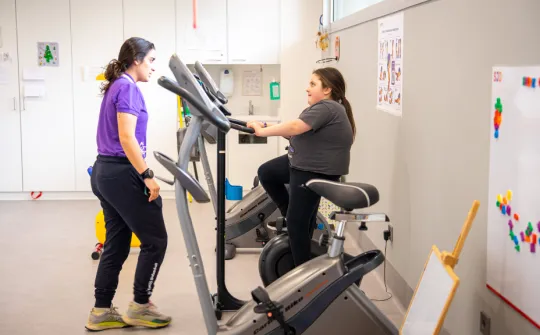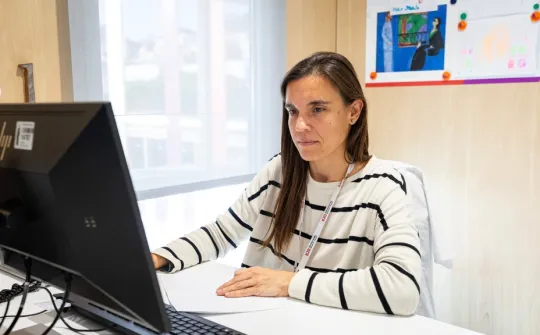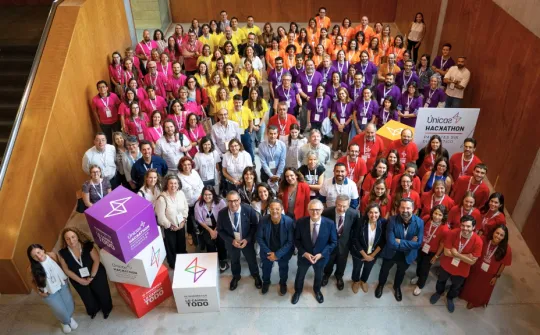
Valentí Fuster defends health prevention in a conference to mark the 150th anniversary of our Hospital.
The main scientific advances in researching cardiovascular diseases and the associated dementia were the focus of part of Fuster’s talk. The General Director of the Spanish National Center for Cardiovascular Research (CNIC) and Director of Zena and Michael A. Wiener Cardiovascular Institute, Mount Sinai Heart in New York explained how small injuries that occur during childhood and adulthood can have serious consequences if health prevention and education policies are not promoted.
Valentí Fuster stressed that, according to the results of the latest research carried out on adult populations, arterial and vascular injuries caused by different risk factors (overweight, cholesterol, diabetes or smoking, among others) are presented very early on. These problems, however, have not been detected until now, thanks to increasingly sophisticated image diagnosis systems. When risk factors are also present during childhood and adolescence, these micro injuries can occur even before adulthood, meaning they worsen over the years.
Currently, medicine is reactive, coronary problems are treated with drugs and interventions, but when we do this at the age of between 60 and 70 years, it’s already too late.
Valentí Fuster, cardiologist
The onset of premature vascular lesions is the scientific basis on which doctors and researchers support the need to acquire healthy habits during childhood. Studies carried out during the last decade with children between 3 and 6 years of age show that this population is especially receptive to health advice. This has been confirmed by research carried out over long periods of time with numerous participants, which have demonstrated the preventative power of teaching children healthy habits, in comparison to children who do not receive health education and tend to develop more illnesses in adult life.
Becoming aware of the importance of maintaining a healthy lifestyle and avoiding reaching adulthood with associated risk factors is key to preventing myocardial and cerebral infarction, the leading cause of premature death ahead of cancer. Valentí Fuster’s growing interest in prevention among children is evident in some of his latest publications:
- “Monstruos supersanos. Hábitos saludables para toda la vida” (Super healthy monsters. Healthy habits for life), a publication aimed at children between 3 and 6 years of age, published in 2010.
- “La pequeña ciencia de la salud” (The small science of health), aimed at children between 6 and 9 years of age and published in 2011.
Promoting health is one of the strategic future lines of activity at SJD Barcelona Children’s Hospital, which since 2009 has provided information for parents and encouraged healthy habits for children.



